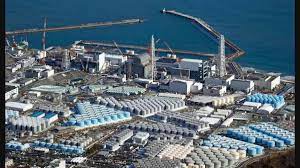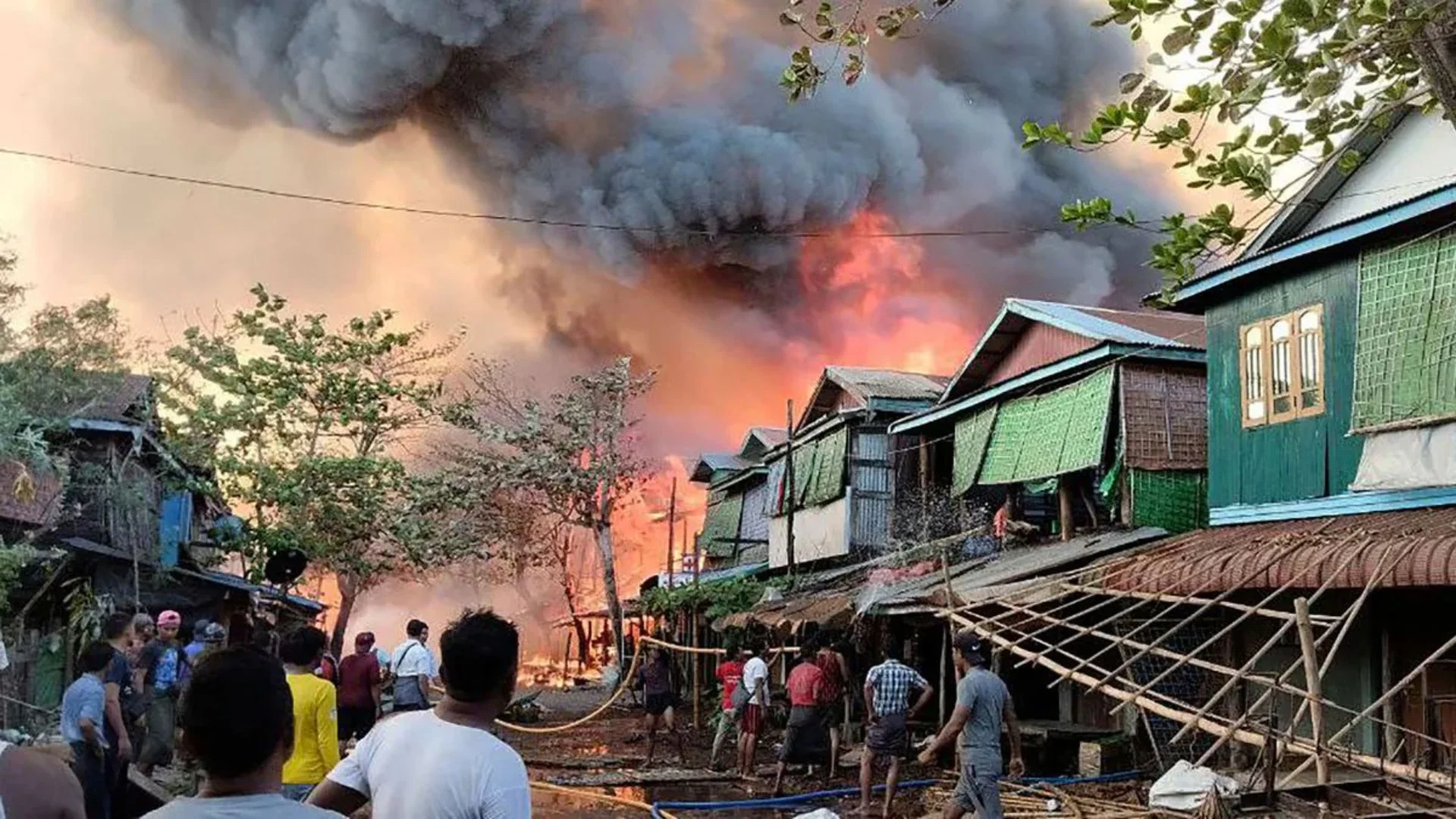Japanese Prime Minister Fumio Kishida will make a brief visit to the tsunami-wrecked Fukushima nuclear plant on Sunday to highlight the safety of an impending release of treated radioactive wastewater into the Pacific Ocean, a divisive plan that his government wants to start soon despite protests at home and abroad.
His trip comes hours after he returned home Saturday from a summit with U.S. and South Korean leaders at the American presidential retreat of Camp David. Before leaving Washington on Friday, Kishida said it is time to make a decision on the treated water’s release date, which has not been set due to the controversy surrounding the plan.
Since the government announced the release plan two years ago, it has faced strong opposition from Japanese fishing organizations, which worry about further damage to the reputation of their seafood as they struggle to recover from the accident. Groups in South Korea and China have also raised concerns, turning it into a political and diplomatic issue.
The government and the plant operator, Tokyo Electric Power Co., say the water must be removed to make room for the plant’s decommissioning and to prevent accidental leaks from the tanks because much of the water is still contaminated and needs further treatment.
Japan has obtained support from the International Atomic Energy Agency to improve transparency and credibility and to ensure the plan by TEPCO meets international safety standards. The government has also stepped up a campaign promoting the plan’s safety at home and through diplomatic channels.
IAEA, in a final report in July, concluded that the TEPCO plan, if conducted strictly as designed, will cause negligible impact on the environment and human health, encouraging Japan to proceed.
While seeking understanding from the fishing community, the government has also worked to explain the plan to South Korea to keep the issue from interfering with their relationship-building. Japan, South Korea and the U.S. are working to bolster trilateral ties in the face of growing Chinese and North Korean threats.

















